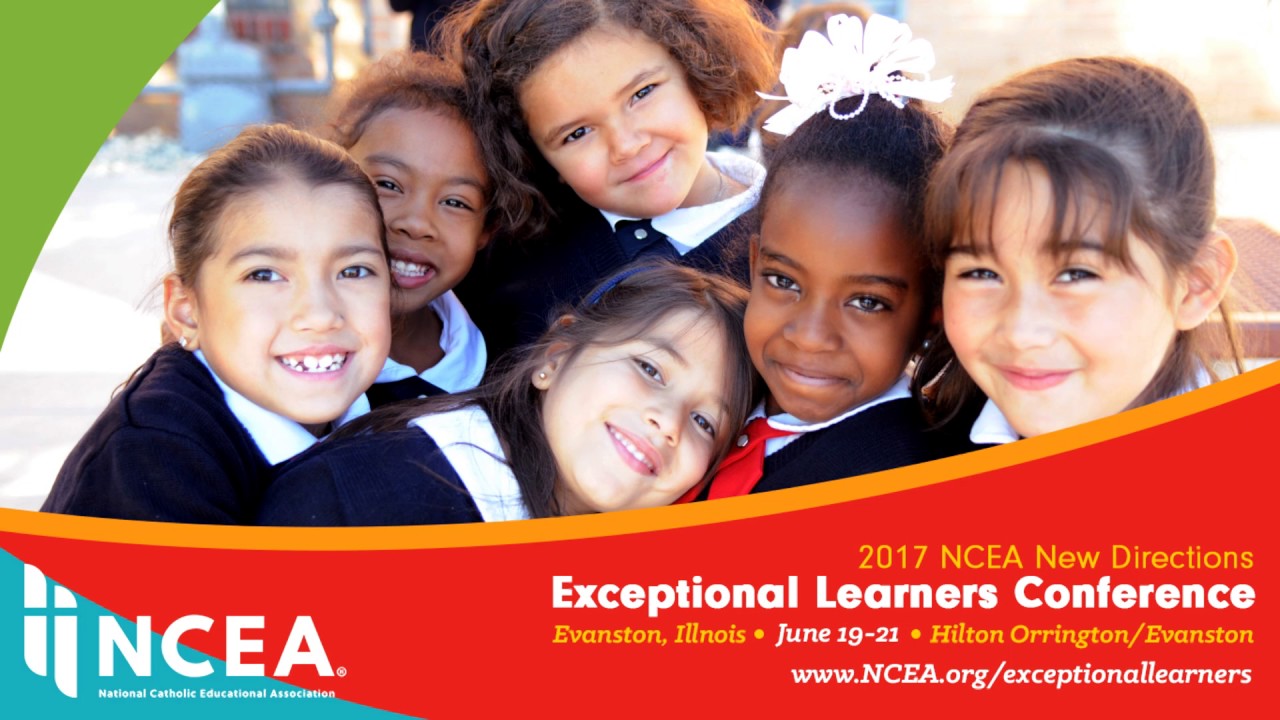The following article was contributed by Sandria Morten, Ed.D., Assistant Director for Inclusive Practices at the Andrew M. Greeley Center for Catholic Education at Loyola University Chicago and Debbie Sullivan, Ed.D., Assistant Director for Catholic School Leadership at the Andrew M. Greeley Center for Catholic Education at Loyola University Chicago.
St. Veronica Catholic School is a vibrant, close-knit community that works hard to offer the best to their students. While walking the halls you see smiling students, hardworking teachers and an energetic principal with a vision for the future. Yet with a closer look at student data, you see reading and math scores that are hovering just below the national average and a wide range of student achievement levels.
Teachers are trying their best to meet the diverse needs of their students, but are limited to their own knowledge and experience. Some teachers are offering after school tutoring, some are sending supplemental work home and discussing the challenges with parents, yet for most, the instruction remains the same.
One teacher has taken a different approach. Ms. Johnson has a background in reading instruction and recognized that the many of the challenges her students experience in school originate from their difficulties with reading fluently. For more than half of her students, English is a second language, yet they had not been provided with specific instruction or support. Ms. Johnson began implementing a reading fluency intervention in her 7th and 8th grade classes and began to track the data of their development. The results were astounding. While 57% of her class was on target for reading fluency in the fall, 91% was on target just three months later.
Ms. Johnson was using the Response to Intervention (RtI) framework (AKA Multi-tiered Systems of Support – MTSS) to recognize which students were not achieving at grade level, implement a research-based Tier 2 intervention, and track the results. Yet her successful strategies were limited to her own classroom and the students she served each day, despite the fact that she was part of a faculty team that met weekly to work together on curriculum. Why wasn’t her success with the RtI framework influencing her colleagues to try it as well? The principal was perplexed and then she realized that there were no school-wide systems in place to support RtI implementation in classrooms beyond Ms. Johnson’s. While teachers were meeting weekly, they did not take that opportunity to look at student data, and to collaborate and share expertise across grade levels.
The next school year, the principal, with the help of support from the Andrew M. Greeley Center at Loyola University Chicago, began to implement Professional Learning Communities (PLCs) to serve as the vehicle for this important collaborative work. The teachers analyzed data in small groups to identify a common goal for improvement. They determined a common intervention, implemented it, and each week brought data to the group to discuss it and make revisions to their plan. The norms and protocols which the PLCs collectively set kept the work on task and ensured participation and respectful dialogue. And before long, the success that Ms. Johnson had experienced in 7th and 8th grades was spread to the 4th, 5th, and 6th grades as well. And more than that, the faculty had realized that through working together in a focused, productive manner, they would see improvements in their teaching and their students’ learning.
Perhaps you can relate to the story of St. Veronica Catholic School. Professional Learning Communities (PLCs) and Response to Intervention (RtI) can be more than buzz words or ideas you should be implementing, but haven’t yet determined how. In our own schools, and in working in consultation with other Catholic schools, we have witnessed the power that PLCs and RtI can have to elevate the professional culture and educational experience for all schools.
To learn more join us at the 2017 New Directions Exceptional Learners Conference in Evanston, Illinois June 19-21, 2017.
Session Info:
Leveraging Professional Learning Communities (PLCs) to Support RtI/MTSS
June 20th
2:45pm – 4:00pm
